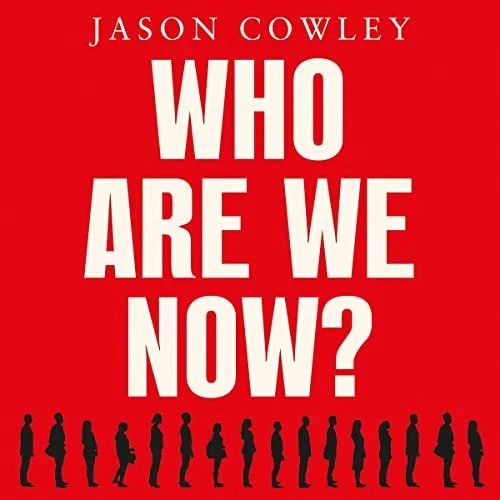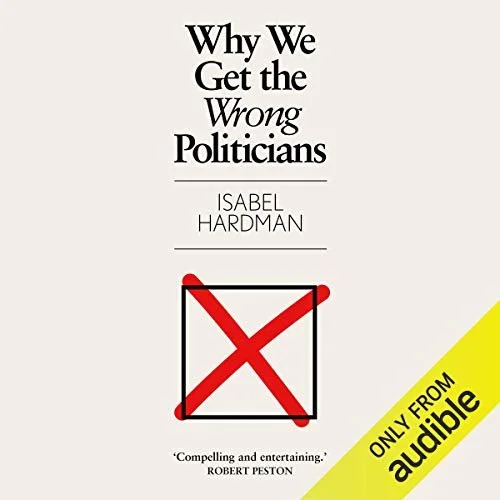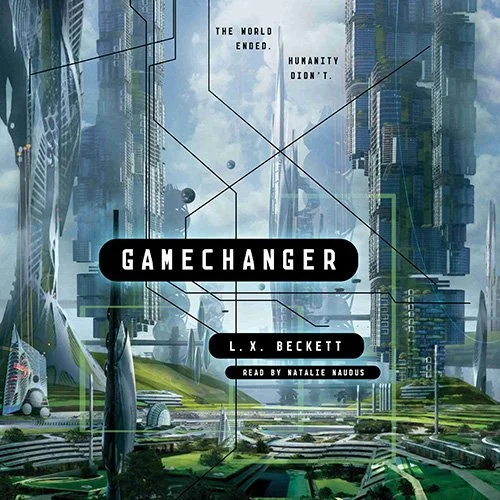I can’t see myself in Who Are We Now’s vision of England
English identity is the political Rubik’s Cube of our time, we keep twisting it around but it never seems to fit. There is a radical side to the English, from the Levellers to Peterloo. Englishness is also the divide that defined Brexit, with the people who define themselves as English - instead of British - more likely to vote Leave.
One writer who has spent years untangling this mess is Jason Cowley, editor of the New Statesman and a veteran political commentator. His book, Who Are We Now? Stories of Modern England, is a deep reflection on the soul of this green and pleasant land. Given that Cowley is a thoughtful writer on the (nominal) left, I was curious to see what he had to say. Would he capture an England I recognised, or just reinforce the idea that I, and people who share my politics, are outsiders in our country?
Driving in both ideological lanes
Cowley is at his best when diagnosing problems, and he doesn’t limit himself to one ideological lane. From a left-wing perspective, he describes stagnant wages and graduates with no future. From the right, he discusses gripes about broken immigration promises and the detachment of liberal elites. He also explores the grey areas that neither camp likes to acknowledge, such as the failures of previous, more laissez-faire, migration systems that left vulnerable people at the mercy of gangs. This is explored through a lengthy discussion of the tragic story of the Morecambe Bay cockle pickers.
The book is structured as a series of portraits, each chapter focusing on a place that embodies a particular issue: immigration in Morecambe Bay, soldiers in Wootton Bassett, Islam in Finsbury Park, economic decline in Oldham. These snapshots paint an England that is, above all, small “c” conservative.
Problems, yes, but what are the solutions?
Cowley is explicit that he’s not here to provide solutions, only to describe the landscape of the places he visits, but that, in itself, feels like a cop-out. Yes, Oldham has no clear future under the current neoliberal economic model, but what do we do about it?
The industries that sustained these towns are gone. Amazon warehouses aren’t filling the gap they left. The book gestures at the idea that modern high-tech industries should take their place, but how do we make this happen? Who pays for the inevitable cost of this? Do we use subsidies? Or taxation? These are the questions politicians, and by extension, political writers, should be grappling with, but aren’t.
Concerns about immigration
Crowley frequently mentions how concerned the English are about immigration, but what is the answer to these concerns? Drastically reduce the number of people coming in? Okay, but what about public services, caring for our increasing number of old people and other areas of the economy that rely on migrant labour?
Cowley highlights the contradiction that people want both less immigration and better public services, but he doesn’t press on which they’d actually choose if forced to decide. People want the national identity cake and their public services eating it (that metaphor got out of hand) because politicians aren’t honest with voters about the choices they face.
Also, Cowley talks a lot about English people’s concerns about how migration that has already occurred is changing the fabric of communities in places like Oldham. Is the solution to this deportations? Surely not.
The national sport
The only liberal vision he offers is the so-called “progressive patriotism” embodied by Gareth Southgate’s England team and James Graham’s play about them, Dear England. This is a vision of inclusivity that merges national pride with social justice. It’s the England team proudly singing the national anthem at matches - something Southgate insisted on - but also talking openly about men’s mental health and food poverty in the poor communities that many players come from.
However, even this positive, non-jingoistic vision of patriotism has proven divisive. Plenty of people hated the England team taking the knee before matches. Marcus Rashford campaigned for free school meals and got pilloried for it by the very people Cowley’s book seeks to understand. These people want the St George’s flag and singing the national anthem bit, but not the help the poor or talking about racism side of progressive patriotism. In essence they want patriotism but not the progressive side of it.
Capital P political
This is where things get capital “p” political. Keir Starmer’s Labour has shown its willingness to sing the national anthem to win the votes of the sort of people who were put off by Jeremy Corbyn, but to what end? Benefit cuts and increased defence spending? Rishi Sunak would have done that.
If English patriotism is necessary for Labour to win over Brexit supporting swing voters (and a lot of centre and centre-right Remainers), what does that look like? Starmer is already draping himself in the flag, yet Reform is surging in the polls. Will Labour ever be patriotic enough?
The problem with the soft left
Starmer’s Labour shows the problem with the soft left’s desire to be as patriotic as possible to win the votes of the people who Cowley talks to in his book. They’re very keen for Labour to be patriotic and to put the Union Flag on their membership cards, but they will vote for a pro-Russian authoritarian like Nigel Farage if Labour does anything that even smells of helping the poor or people who aren’t white.
Starmer’s Labour’s best hope is that the rising tide of growth will lift all boats (it won’t because of inequality), but Labour cannot bring growth to places like Oldham without answering the questions I outlined above. If we want biotech, AI and aerospace engineering firms to locate in Oldham (a distinctly centrist solution to our economic and social problems) then how will the costs of making this happen be met? Borrowing, taxes or cuts elsewhere? Starmer’s Labour doesn’t know, as all options send swing voters running headlong into the hands of Farage.
Cowley’s book doesn’t offer any insights into how politicians should approach any of the above, besides the fact that voters are concerned about immigration, cultural change and want politicians to be patriotic. Politicians of all stripes have been supplying this in spades, but this hasn’t led to a boom in progressive patriotism, just Labour shaking their heads saying that nothing can be done while support surges for the worst kind of patriots.
Absent culture
One glaring omission from Cowley’s vision of England? Culture. Music, art, literature are all absent. Which is odd, because that’s where progressive England lives. The book gives us football as the national unifier, but where is the England of Stormzy fans, of Sally Rooney readers, of the people who queue for Glastonbury tickets, of the people who find Nish Kumar funny?
The England of the indie gig scene, of underground clubs, of radical theatre? That’s England, too, but this book doesn’t mention it. I think it’s impossible to discuss English character without addressing the music that we are known for world wide.
Where is progressive Britain?
Patriotism and immigration dominate the discourse, while the progressive Britain I know is almost absent. There’s a chasm between the left-leaning Britain of my friends - all graduates, renters and city-dwellers - and the disillusioned Britain Cowley describes. In places like Oldham, economic stagnation breeds resentment, and immigration is seen not as an abstract policy issue but as a daily reality that some feel has left them displaced in their own communities.
This is contrasted with the chapter set in Finsbury Park, focused on the Muslim community in a piece of North London not too far from where I live. This does show multicultural Britain and points out how British Muslims come under attack from far-right racists who see them as un-British. I’m glad that one chapter focused on people in a city and not on older people who love the military and football, and are angry about immigration. However, as I’m not a Muslim, I couldn’t see myself in this chapter any more than I could see myself in one describing the white people of Oldham or Wootton Bassett.
Alienated from England
I felt deeply alienated by Cowley’s book. I kept asking myself: where am *I* in this book? Where are the people who don’t fit neatly into these narratives? I feel deeply English. This is who I am. I have a Scottish first name and joint Irish nationality, but I was born and raised in England and I’m steeped in its character. However, in this book, I don’t recognise my home.
It leaves me wondering: am I not properly English? I don’t have another country, but as a lefty, pro-multiculturalism graduate who likes craft beer, I don’t seem to feature in this portrait of England. The book suggests that England is fundamentally small “c” conservative, that the people in its struggling towns and suburbs dislike immigration and want their patriotism respected. Okay. Fine, but what about those of us who aren't moved by flag waving patriotism? Where is our England?
Fundamentally conservative
Ultimately, Who Are We Now? presents an England that is fundamentally conservative, with political demands that neither Labour nor centrist liberals like Cowley have clear answers to. I refuse to believe that the England I live in, the diverse, progressive and creative England, is some fringe anomaly.
If Cowley’s portrait is accurate, then the left needs to do more than just understand these communities, it needs to offer them something better than reactionary nostalgia, because describing a problem is one thing. Solving it? That’s the real challenge.



